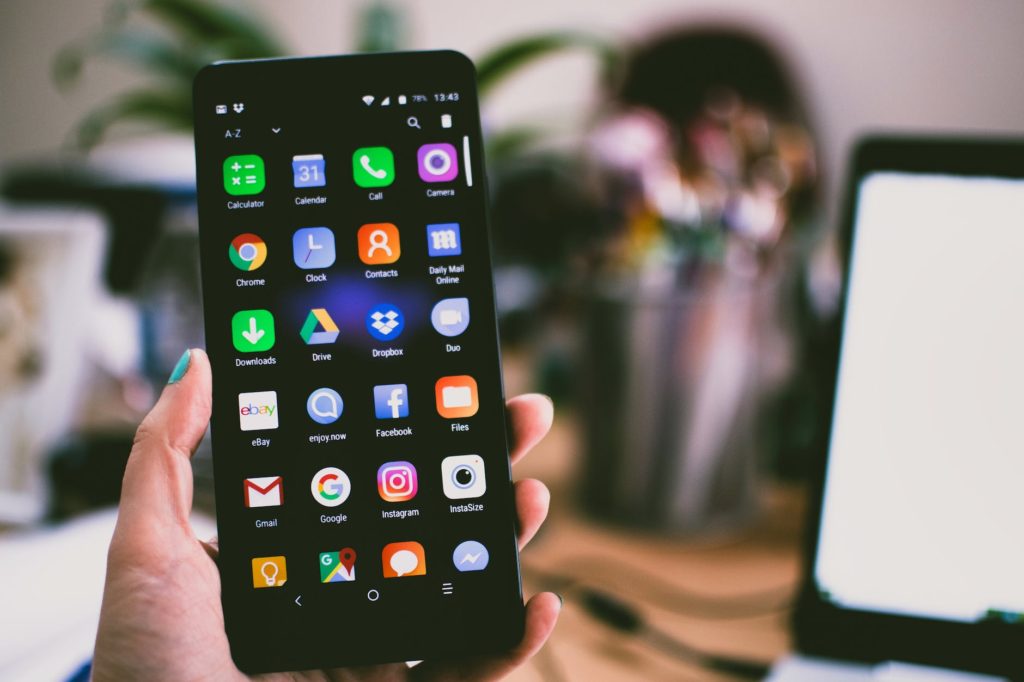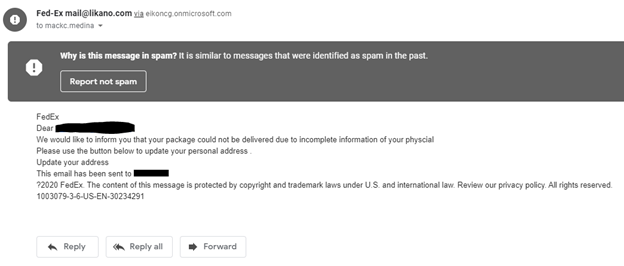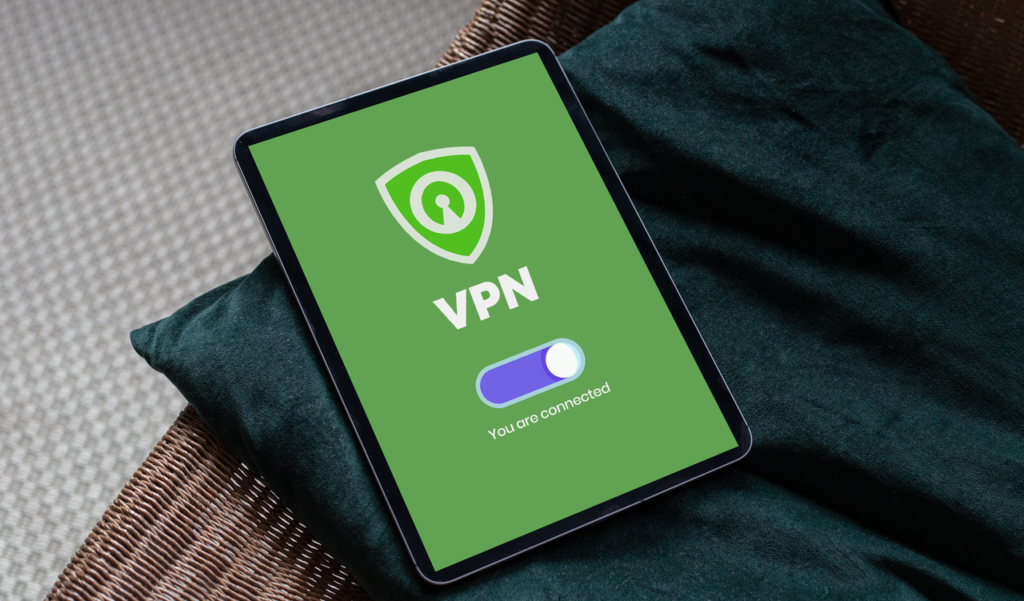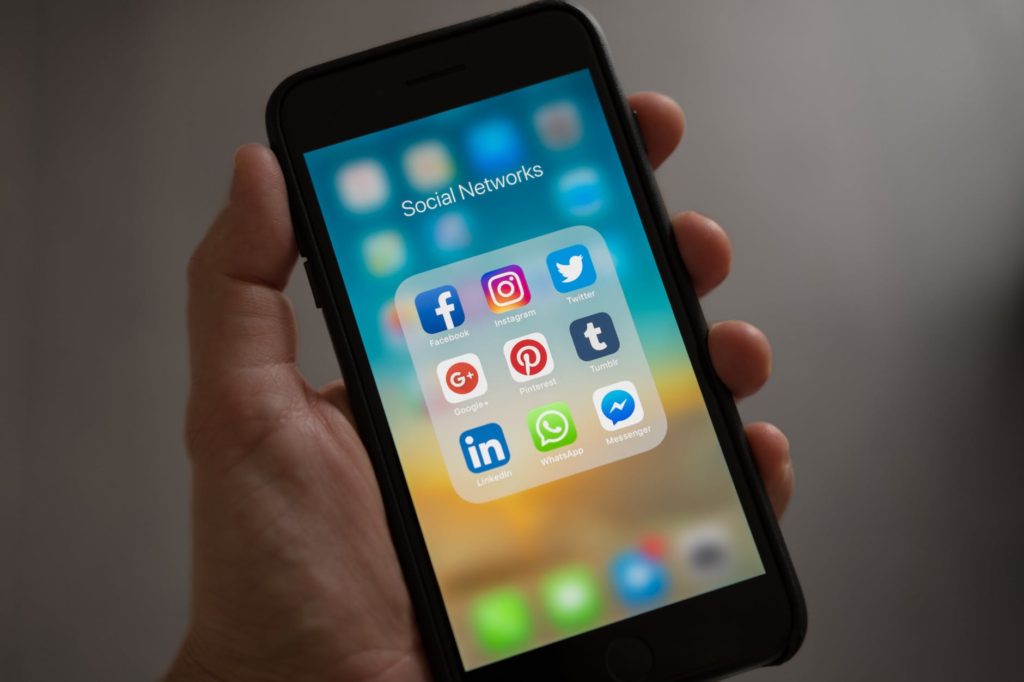We’ve done a couple of articles on public Wi-Fi, and we’ve actually promoted apps that allow you to spot where these networks can be located. The truth of the matter is that when you’re abroad, and you have no way to get cell service, the best thing that you can do is use a public Wi-Fi network. Especially if you really do need to get in touch with somebody.
Having said this, it’s also true that you could be running into some trouble if you’re using these networks. What we want to do here is talk about some of the actual things that are going to typically happen when you’re accessing public wifi. Where the network is located could also determine how the safety element is going to play out. The problem with figuring out if Wi-Fi calling on public Wi-Fi is safe is that you can do it and have absolutely nothing happen to you.
Then, another person comes along and does the same exact thing, and they get their device hacked. Why do we see these different outcomes? Usually, it comes down to people being more careless with their digital safety. What we do tend to see when we use a public network is an increase in the number of scam attempts that you’re going to be receiving on your phone. These could come via email or even text messages. In some of the worst-case scenarios, we’ve seen WhatsApp scam messages appearing out of the blue.
Why Public Wi-Fi May Not Be Safe

Think of these connections as a two-way street. Wi-Fi is not only going to allow you to connect your device to the internet. There could be other devices linked to the same network that are going to be able to grab personal information from your device because you’re on that network. The world is all about data these days, and when you’re accessing one of these networks, you could be leaving quite a large digital footprint.
People can read some of your data if you’re on a public network. Is that something that’s so bad that you want to avoid it? Think of it this way, you’re walking into a pool of people whose intentions you may not know. Putting your information in that pool can lead to you getting a lot more spam or even potentially getting hacked. There are of course things that you can do to limit the amount of personal data that you’re putting out in the world when you use these networks.
The biggest problem that we see is that a lot of people are not taking the necessary precautions when they’re using these networks. It’s okay until something happens. What can happen? Well, you could potentially get hacked, and you could be putting other information at risk in the process. That’s especially the case with the types of apps that we all have on our phones these days. The amount and the type of personal information that you could be giving out can be seriously sensitive.
Things That You Can Start to Notice After Using Public Wi-Fi

It’s not like you’re going to start using public Wi-Fi, and you’re immediately going to get hacked. That’s not how it works at all. What you could start seeing is an increase in the amount of junk emails that you get. They could be location-specific. When you’re traveling someplace, you could start seeing supposed promotional emails that talk about the country or the city that you’re in. In some cases, these emails are not spam, but it does feel weird to start seeing location-specific ads.
Ads are another thing that could change when you use this type of Wi-Fi. This can happen even if you don’t use a public Wi-Fi network but you have your location turned on. You’re going to start seeing ads for products or experiences and tours near you. Again, not all of these are going to be spam. Many of these ads, particularly those on social media and things like that, could be legitimate.
The big issue with some of these things that can start happening is that you don’t know what’s legit and what’s not. It only takes one wrong move to fall victim to a scam and lose your money. That’s obviously something that you’re going to want to avoid. The worst-case scenario is that you’ll start getting calls from shady numbers. These calls can be really intrusive, and in some countries, they are the main issue that causes people to fall victim to some of these different scams that we’re talking about.
What You Can Do to Limit Spam Emails & Texts

The first thing that you can do is limit the amount of time that you’re spending on public Wi-Fi. As we’ve mentioned, the issue is not that you’re going to get hacked if you do this. What does happen is that you increase your chances of getting hacked or falling victim to some sort of scam. Another thing that you can do to limit the amount of data that you’re putting out into the world is to use a VPN.
VPNs have become a bit of a punchline because they sponsor some low-level YouTube channels. That doesn’t mean, though, that they can’t be one of the best assets to limit the amount of data that you’re putting out into the world. What happens with a VPN on a base level is that you’re able to hide your location from servers. What you’ll see is a decrease in the localized ads that you would start seeing if you just used your phone normally without one. Different VPNs will have other features that are going to protect your personal data.
We can’t go into a ton of detail in this article about using a VPN and the benefits that it may have when you travel abroad. That’s actually something that we have planned for another article. What we can say is that the right VPN can limit some of these data breaches that can be a real problem for people. There are so many options out there, though, that it can be hard to decipher which one is going to work for you. Once you know what you’re looking for, though, the process of picking the right device can be much smoother.
What Happens If You Fall Victim To These Scams?

There are different types of scams that you could fall victim to when someone is able to access your personal data. If it’s an email or text message scam, clicking on a link can lead to people having access to your phone or your email account. That can lead to a whole bunch of complications. You can get your social media accounts hacked, and the hacker will usually start asking your contacts for money.
If it’s a phone scam, these are common in certain countries, the person on the line could be saying that they have a family member in custody and you need to pay a ransom. Another thing that can happen is that they hold you ransom. These can get very dark, as you’re seeing here.
When your accounts get hacked, we’re talking about email and social media. You need to contact the site or the provider immediately. They usually have a procedure that you can use to be able to get your account back. The problem is these hackers know this and a lot of times, switch your configuration to ensure that they are able to hold all of your access points so that you can’t get the account back.
If they gain access to your banking app, that can be a real problem as well. The process here is the same: you need to contact your bank to freeze your accounts as quickly as possible. Usually, banking apps are not going to be as easy to get into remotely. In most cases, this will be an issue if you lose your phone at home or abroad. That can be a real issue, for sure.
Is Wi-Fi Calling Safe on Public Wi-Fi?

You’re putting your personal information at risk by doing this. That’s the bottom line that we need to operate under. Does this mean that every time that you use a public network something bad is going to happen to you? No, that’s not the case at all. That doesn’t mean, though, that doing this is going to be the safest way forward. Having said this, using public Wi-Fi can be the best way to get free coverage, particularly when you’re in another country.
To be able to get the best of both worlds without risking your personal information, you’re probably going to want to use a VPN. Another thing to keep in mind if you’re seeing an uptick in your spam folder is the sites that you’re visiting. These can also have cookies that track and sell your information. To stay safer in that department, it could be a good idea to use a browser that has upgraded safety features. If you want the simplest remedy to this situation, use Google Chrome’s incognito mode.
Using public Wi-Fi is not the worst thing that you can do for your internet safety. If you do make the decision to use one of these networks just know that there could be consequences. If that’s the case, you want to make sure that you’re not clicking on any shady links. Those are always going to be what gets you at the end of the day. Beware of calls and emails from people who are not on your contact list. If you can do that, you can be more or less okay!
